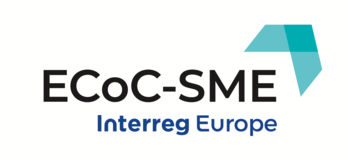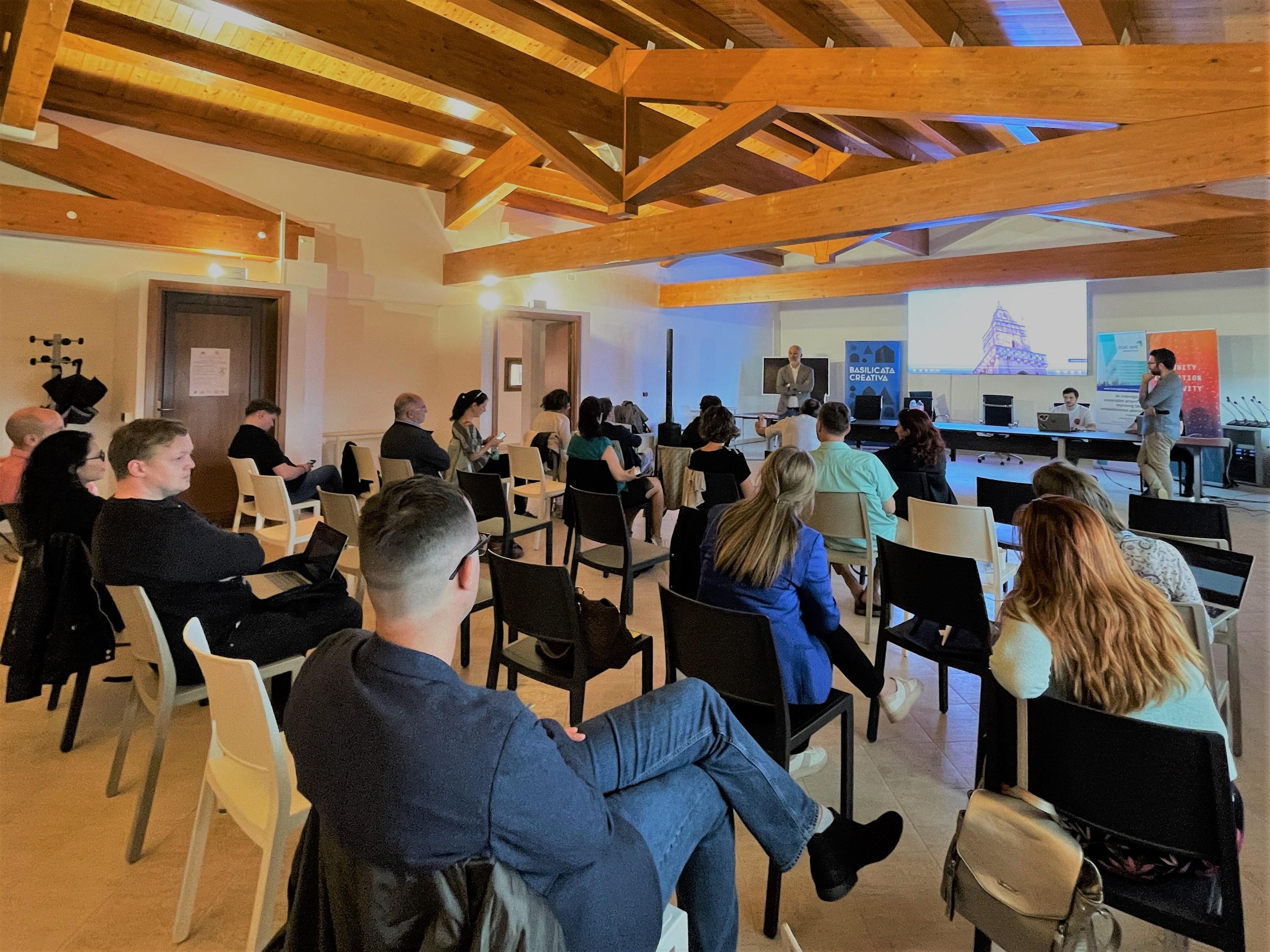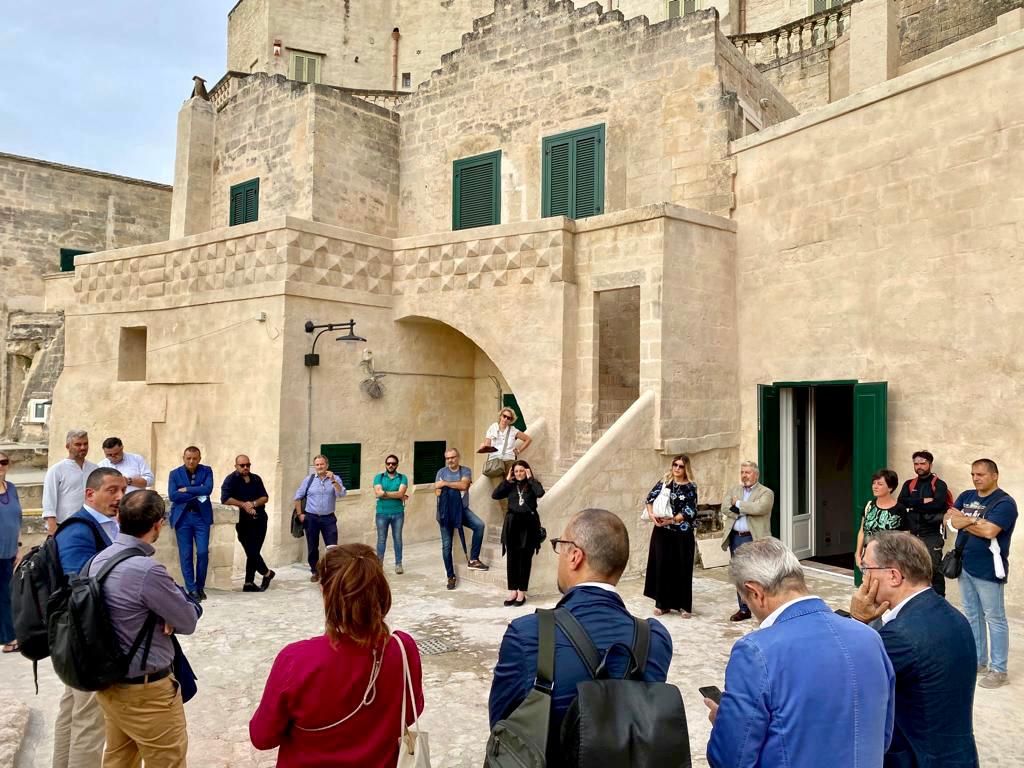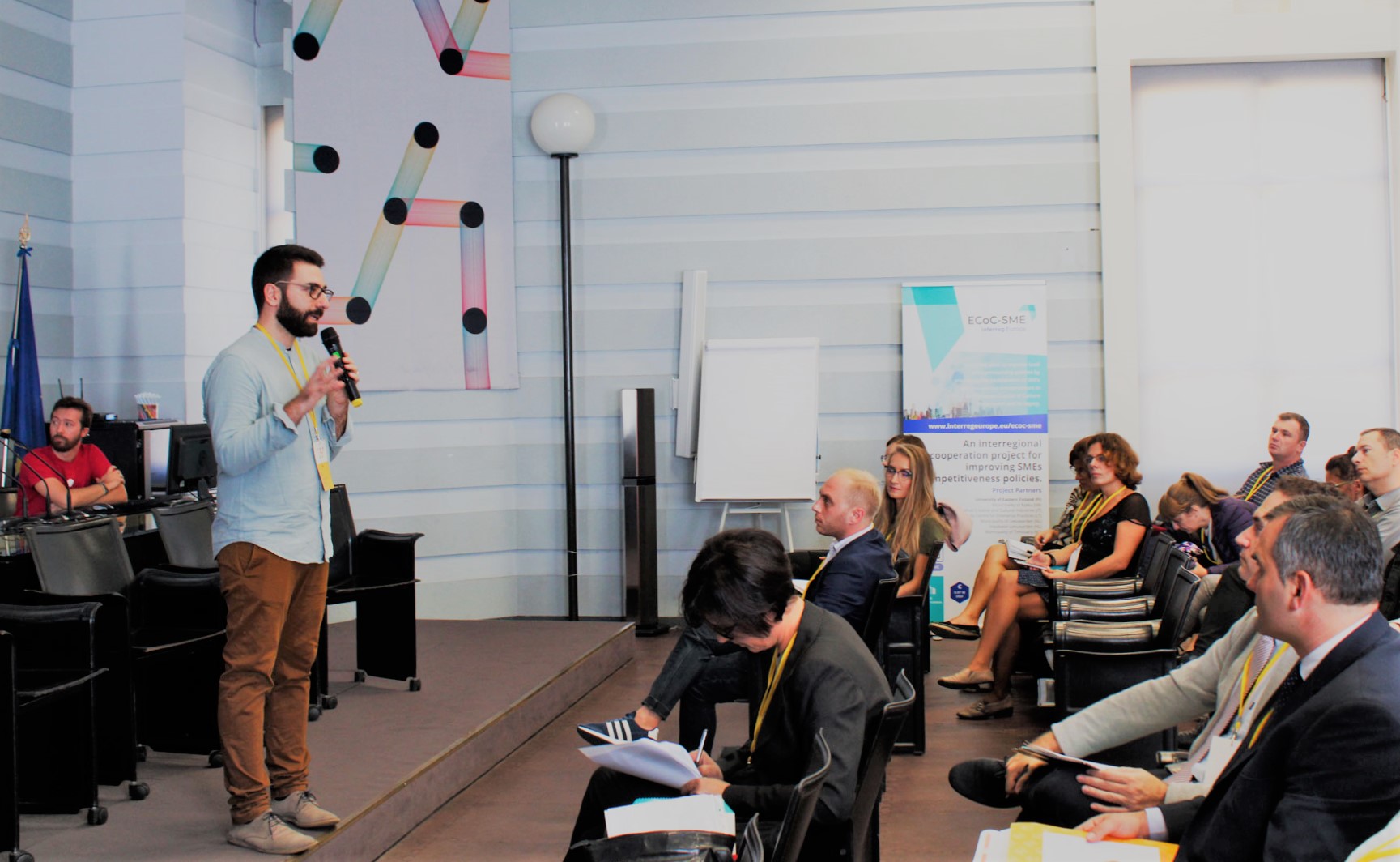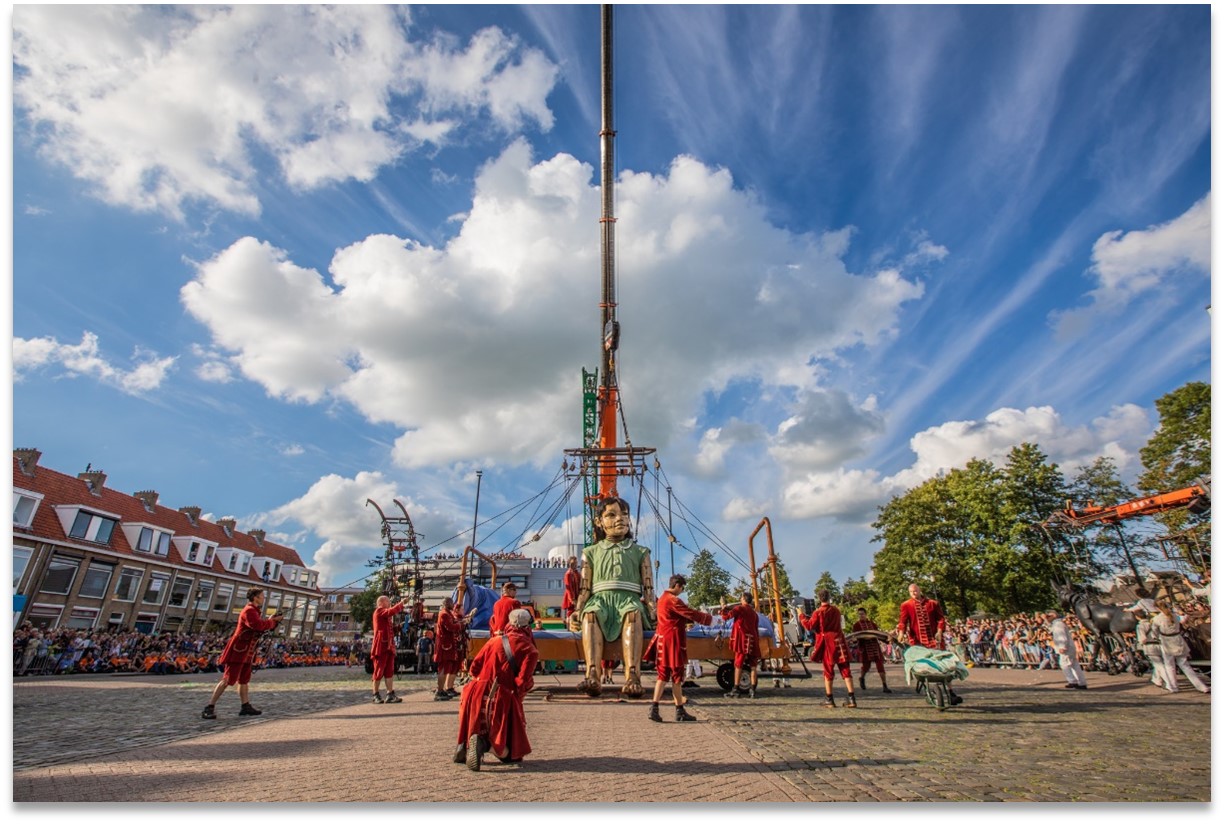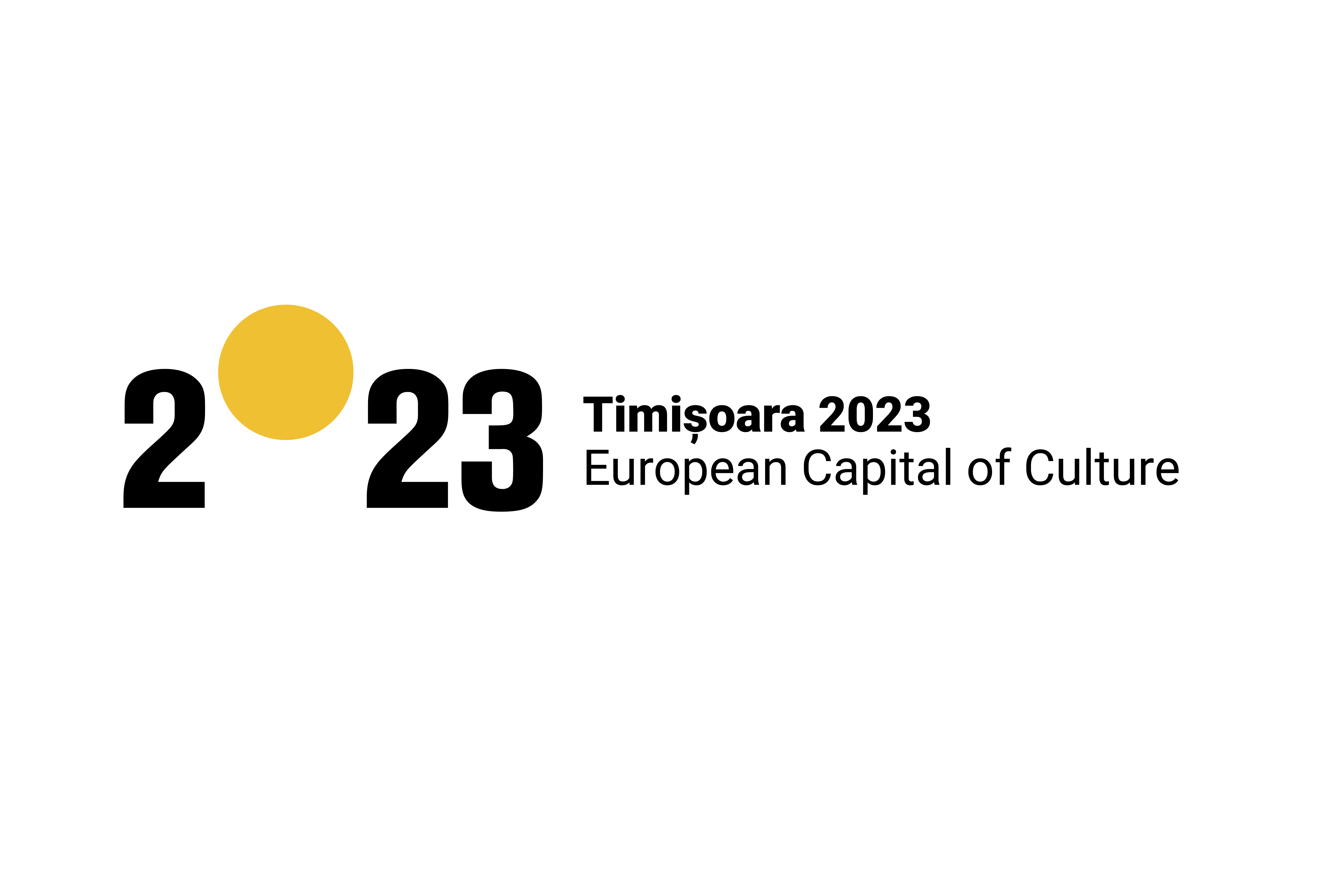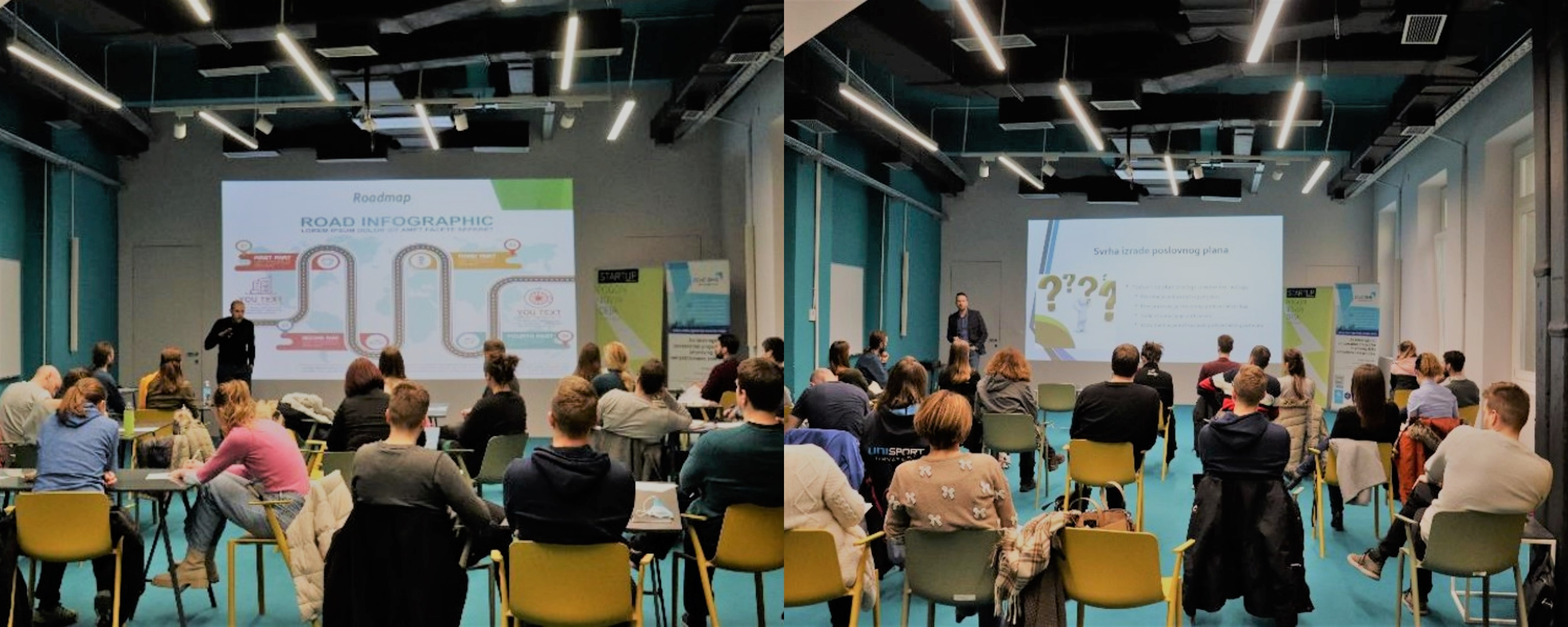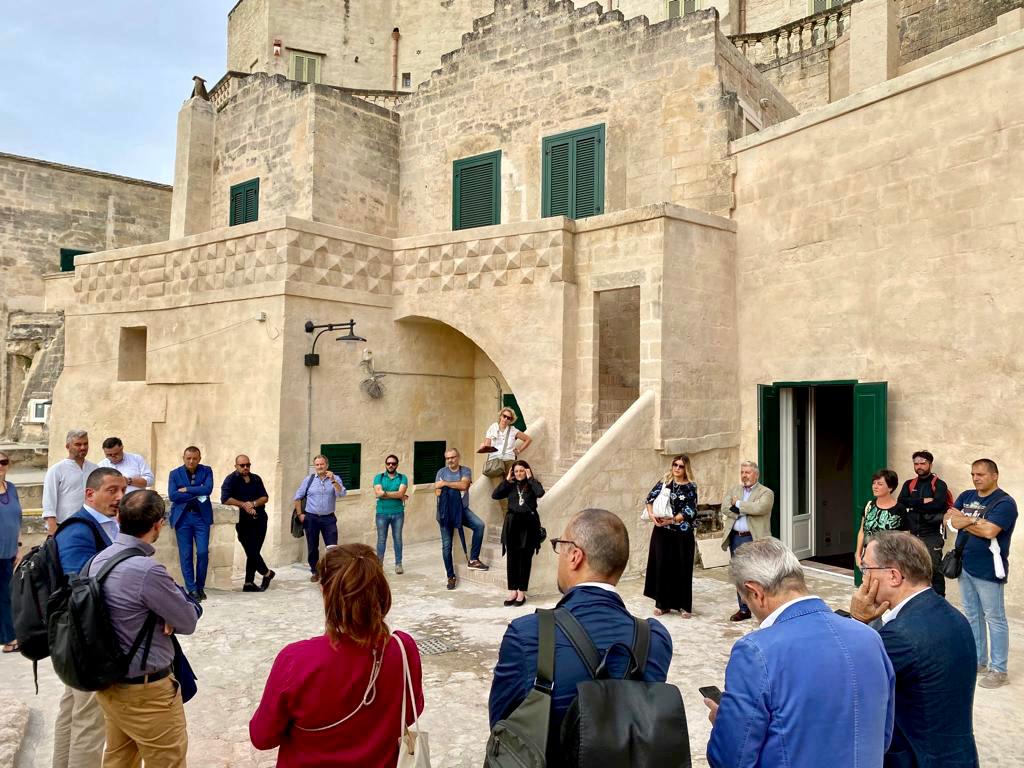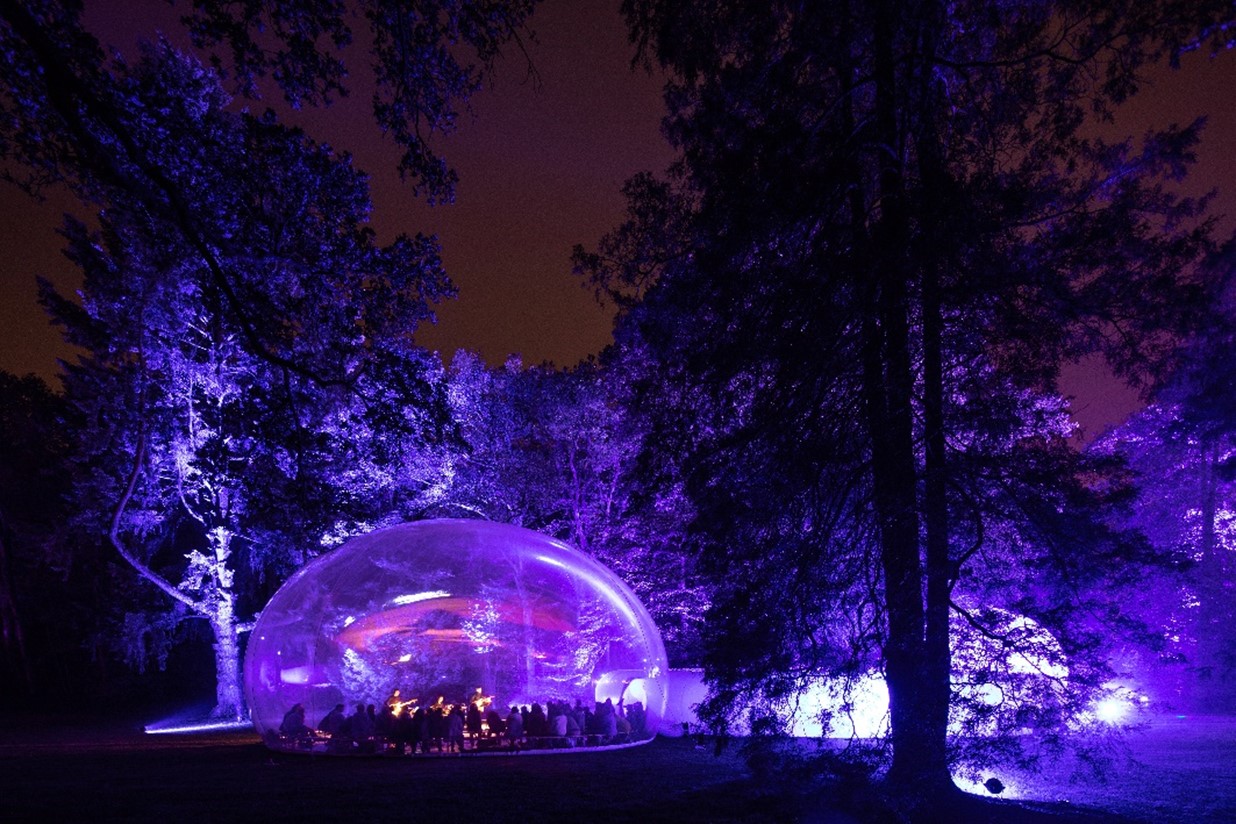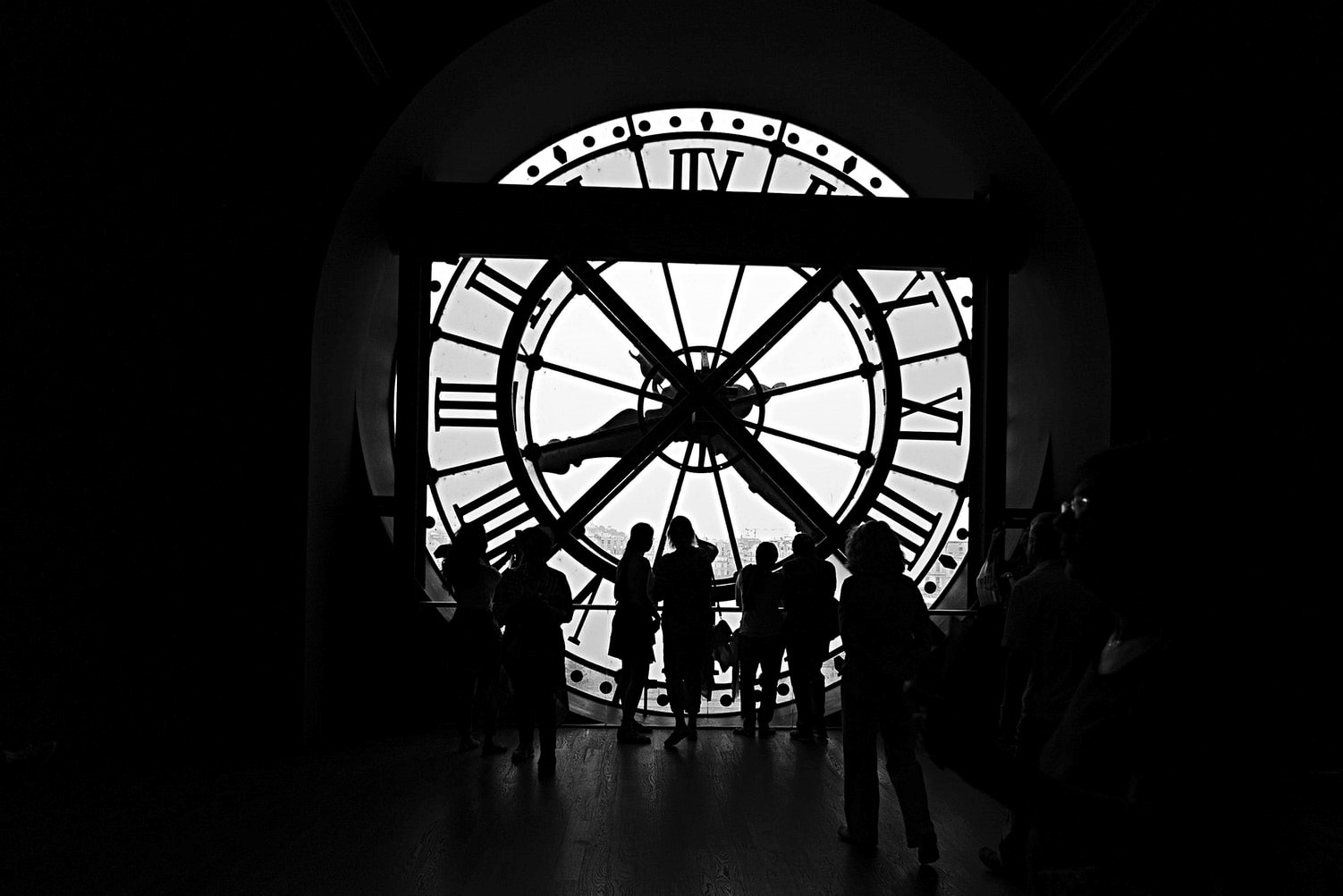Joining the Creative Cities Network is a great continuation of the year as Cultural Capital.
From this month, Leeuwarden bears the UNESCO City of Literature title, as announced October 30th, 2019. "Great news," says Sjoerd Feitsma, vice-mayor in the municipality of Leeuwarden, who worked with the province of Fryslân to win the title. “This is a great continuation of our year as Cultural Capital. We can now make our cultural contacts flourish not only in Europe, but even globally. Talented Frisian writers and artists will now be challenged even more to excel nationally and internationally."
"Northern culture is an inexhaustible source of research and inspiration for writers, artists and the public", says Marleen Nagtegaal, artistic director of the Leeuwarder organization. “That UNESCO now recognizes this is a big compliment. For everyone who has worked hard for this nomination in recent months.” The UNESCO explanation of the appointment was very positive: "The bid book shows great ambitions. It is creatively and substantively strong."
Leeuwarden joins a select group of global literary cities, currently around 40 worldwide. The City of Literature program was conceived by Edinburgh in 2004. Since then, the network, part of the even larger UNESCO Creative Cities Network, has been expanded to include cities such as Ljubljana, Prague and Melbourne. Contacts have been made with a large number of these cities through, for instance, Eurocities platform, to expand the Frisian literary network. The title fits seamlessly with Leeuwarden-Fyslân 2028 and the ambition of the city and its region to continue to offer high-quality culture on an international level even after 2018.
“In Leeuwarden and Fryslân, a new generation of writers and artists is opening up. Entering this international network, for them means an an opportunity to develop further”, said Sietske Poepjes, cultural deputy on behalf of the province of Fryslân. “And the beautiful thing is, City of Literature you are and remain, forever.”
The city and province owes its essential, distinctive cultural identity not only to the Frisian language, but also to the self-evidence of a multilingual culture. Different languages are equivalent to each other. The art of translation is therefore the engine of literature in a province where everyone's language, and everyone's story, counts. It is not for nothing that Lân fan Taal (land of languages), a multi-sided and multi-year program with room for all languages and literatures, was created in the Cultural Capital Year. Nagtegaal: "With City of Literature we are writing an important chapter in the history book of Frisian literature."
